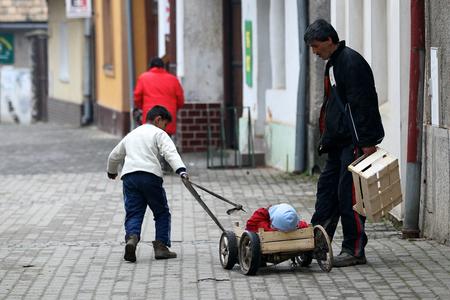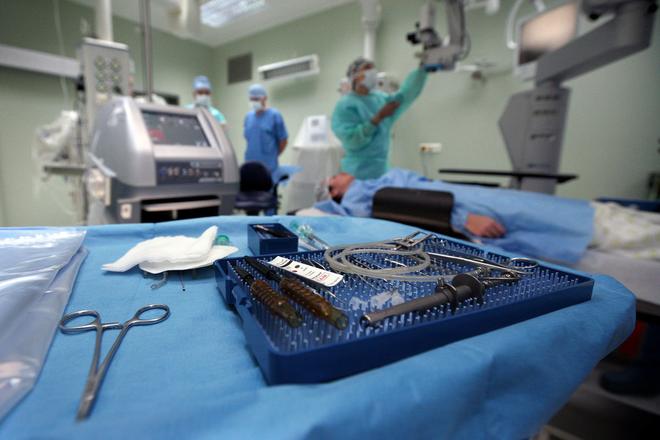Slovakia’s government should set up a mechanism to ensure prompt and effective access to reparations for victims of forced or coercive sterilisation.
“Despite long-standing calls to address their situation, including ensuring access to compensation, remedies for these human rights violations remain elusive for many victims,” reads a letter the Council of Europe’s Commissioner for Human Rights, Dunja Mijatović, sent to Slovak PM Eduard Heger (OĽaNO) and Justice Minister Mária Kolíková (Za Ľudí).
Mechanisms not effective
Mijatović pointed to the fact that the European Court of Human Rights (ECHR) recognised sterilisation as a major interference with a person’s reproductive health status, bearing on manifold aspects of an individual’s personal integrity or their physical and mental well-being, as well as their emotional, spiritual and family life.

“Intervening in such a way without full and free consent has been found to be incompatible with the requirement of respect for human freedom and dignity,” she wrote.
Even in cases where consent had formally been sought, in specific individual cases relating to Slovakia the ECHR found evidence of a gross disregard of the right to autonomy and choice as a patient; in addition, the manner in which consent was obtained was liable to arouse in the victim feelings of fear, anguish and inferiority, as well as entail lasting suffering.
Although there has been some progress in setting up effective mechanisms, including the amending of healthcare legislation, the issue of reparations has never been comprehensively resolved, Mijatović continued.
Existing mechanisms, in the form of domestic civil claims, have not provided an effective means of redress for this serious human rights violation, owing to the many obstacles the victims face.
Mijatović emphasised that neither apologies nor reparations can undo the harm inflicted on victims, both physically and mentally, and that such tangible steps would provide a measure of justice that has eluded victims for a long time.
“Some victims have already passed away without receiving redress,” Mijatović wrote. “The delivery of justice can no longer wait.”
Heger awaits proposal

In her response to the letter, Kolíková assured Mijatović that the Slovak government takes the issue of sterilisation without informed consent very seriously, and that it understands the importance of providing satisfaction to the victims.
The minister also pointed to several measures the country has taken in this regard, including the creation of a group to investigate cases that particularly included Roma women, resulting in establishing the institute of informed consent in 2004. In 2014, the necessary forms were translated into nine languages. The state also trained healthcare professionals in connection with informed consent, Kolíková continued.
“While I acknowledge the potential difficulty of seeking compensation through civil proceedings in cases where alleged sterilisation took place many years ago, it should be noted that there were successful cases decided by general courts involving women who underwent sterilisation without informed consent before 2004, in which the courts referenced the V.C. vs Slovakia judgement of the ECHR,” the minister wrote in her response.
She went on to say that the justice and health ministers are examining other possible of redress, which would require expert opinion as well.
PM Heger responded that he will wait for the legislative proposals of Kolíková and Labour Minister Milan Krajniak (Sme Rodina), as reported by the TASR newswire.



 Illustrative stock photo (source: SME archive)
Illustrative stock photo (source: SME archive)